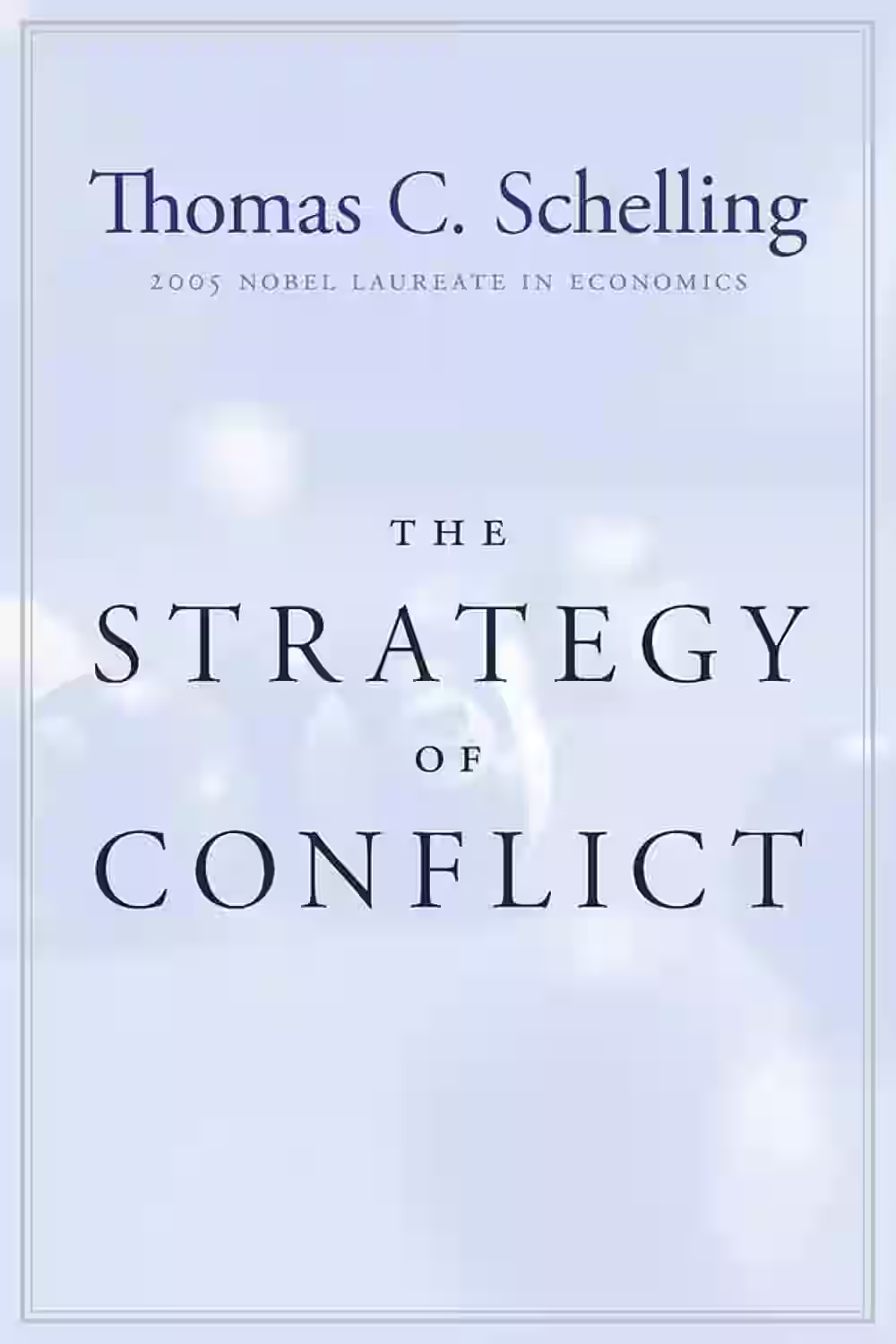Thomas C. Schelling
Thomas C. Schelling was an American economist and Nobel laureate known for his groundbreaking work in game theory and strategic behavior. His book The Strategy of Conflict transformed the study of negotiation, deterrence, and conflict resolution. Schelling’s theories were particularly influential during the Cold War, shaping U.S. defense policy and international relations. His insights into commitment, threats, and coordination apply not only to politics but also to economics, business, and everyday life. A professor at Harvard and Maryland, Schelling was revered for his intellectual clarity and ability to translate complex ideas into practical strategies.

A seminal work in game theory, The Strategy of Conflict analyzes how individuals and nations behave in strategic situations—especially in contexts of negotiation, deterrence, and limited war. Schelling explores how communication, credibility, and rationality influence outcomes, showing how conflict can be managed, if not avoided. Originally published during the Cold War, its lessons remain relevant to diplomacy, business, and everyday life. With clarity and foresight, Schelling reveals the paradoxes of strategic thinking, like the value of unpredictability or the power of threats. His insights have shaped fields from economics to military strategy and behavioral science.